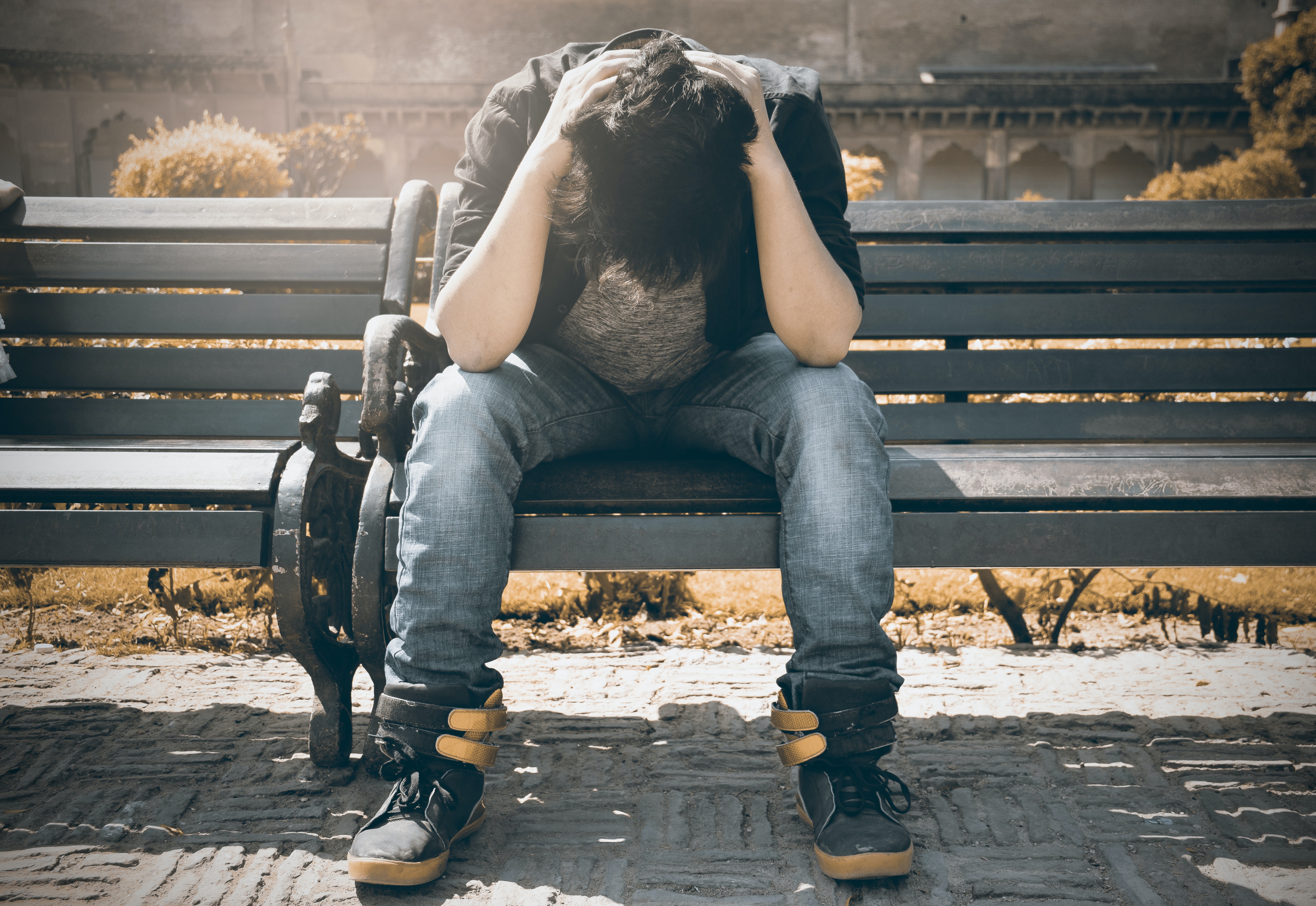
How to spot ’emotional suffering’ during COVID (and what to do)
By Rutgers University
News Wellness Patient Care anxiety COVID depression pandemic stress
A year after the pandemic outbreak, Stephanie Marcello has tips for spotting the signs of emotional distress in yourself and others, as well as recommendations for steps you can take to treat it.
According to a recent Pew Poll, three-in-10 people say the COVID-19 outbreak has changed their lives in a major way, with 21% of US adults still experiencing high levels of psychological distress a year later.
In order to recognize signs of emotional stress in others, you must first recognize your own suffering and address personal mental health issues, says Marcello, chief psychologist at Rutgers University Behavioral Health Care, who directs workshops on emotional health.
Here, she describes the signs to look for—and steps you can take to get help for yourself or others.
Q: What are the signs of emotional suffering?
A: One sign is a change in personality: Are you or someone you know not acting in a typical way? For example, people might appear angry or anxious or have trouble sleeping. They may not be participating in activities as they did in the past and could be withdrawn from their typical social interactions.
Another sign is poor self-care, which can include hygiene as well as other concerns like an increase in substance use. If you recognize hopelessness, grief, or guilt, you or the other person may need to seek support from a professional.
Q:What can you do if you sense emotional suffering in yourself or others?
A: Your actions depend on the severity of what you see. If you notice more moderate signs of emotional suffering, engage with that person: Offer to talk or go for a walk with them and be sure to listen. If you notice signs in yourself, reach out to others for social interaction.
Q: How do you maintain your emotional health?
A: There are daily actions that you can take such as making your bed each morning to create structure and routine and doing self-care measures such as breathing exercises, meditation, and taking a break from your computer.
Realize that it is normal and healthy to feel a sense of disconnect, sadness, anxiety, and a sense of being lost occasionally. Do a self-care checklist: How did you sleep last night? What is your emotional state? How does your body feel?
Routinely do positive, healthy activities: Wake up a half-hour early to savor a morning coffee or tea, remind yourself of what you are most grateful for, take the dog for a walk, keep a journal, and eat healthy and hydrate during the day to take care of your body.
Remember that happiness is not a constant state, but by practicing self-care you should feel a sense of peaceful, loving calm and confidence.
Print this page